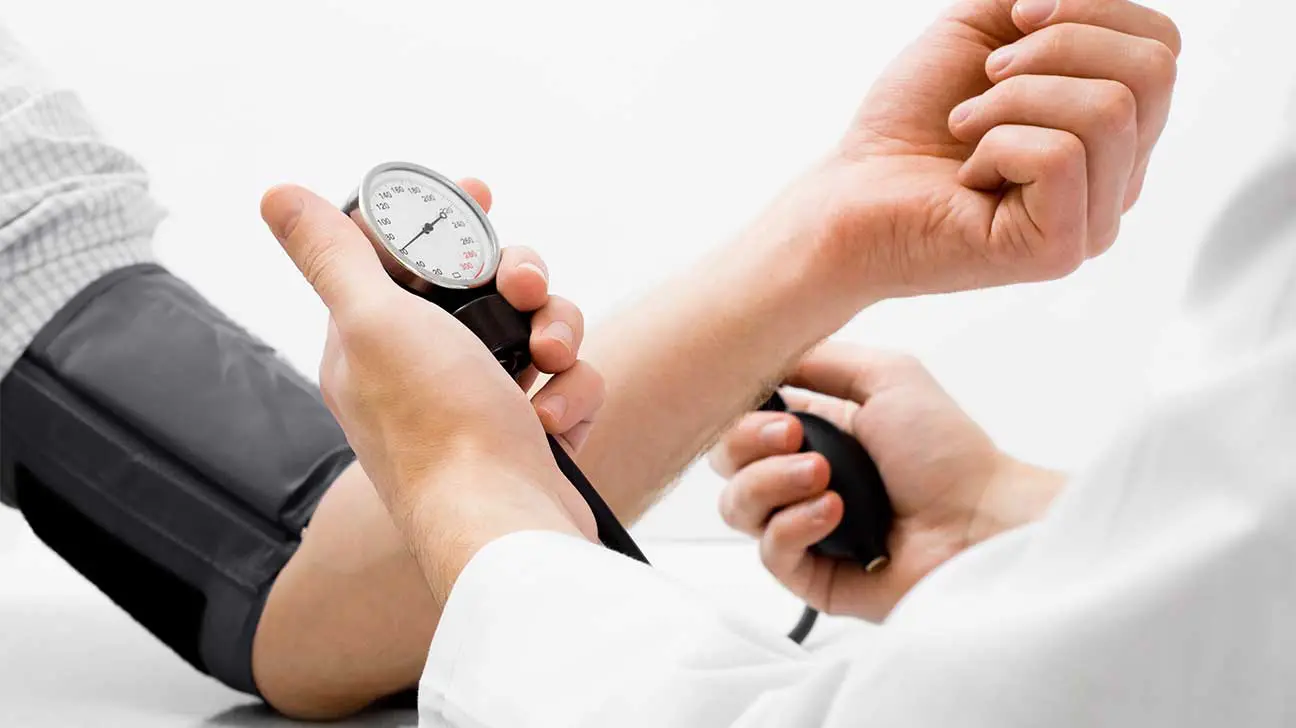
High blood pressure is an uncommon side effect of most buprenorphine drugs. It can be a side effect in people who use Butrans, which is a skin patch formulation of buprenorphine.
Low blood pressure, or hypotension, is a more common side effect of buprenorphine, due to the medication’s depressant effects on the central nervous system.
Learn more about the side effects of buprenorphine
How Does Buprenorphine Cause High Blood Pressure?
Increased blood pressure, or hypertension, is not a common side effect of buprenorphine. If someone is experiencing hypertension, this may be due to an adverse reaction or other cause.
Potential causes of hypertension with buprenorphine:
- Use of Butrans: Butrans is a transdermal patch form of buprenorphine. Hypertension can occur with the use of Butrans. This is a patch applied to the skin once a week.
- Withdrawal: High blood pressure can be a symptom of buprenorphine withdrawal. This can occur if someone who is dependent on buprenorphine tries to stop taking it all at once.
Buprenorphine And Low Blood Pressure
Buprenorphine use can decrease a person’s blood pressure. This is more common than experiencing hypertension, or high blood pressure.
Causes of low blood pressure while taking buprenorphine:
Adrenal Insufficiency
Long-term use of buprenorphine can have effects on the body’s hormonal system, including adrenal insufficiency.
Symptoms of adrenal insufficiency include:
- low blood pressure
- dizziness
- loss of appetite
- weakness
- fatigue
- nausea and vomiting
Treatment for adrenal insufficiency may involve the prescribed use of corticosteroids and an adjustment to the individual’s buprenorphine dosage.
Allergic Reaction
Hypotension while taking buprenorphine can be a sign of an allergic reaction. A buprenorphine allergy may require medical attention and a change in medication.
Signs of an allergic reaction to buprenorphine:
- low blood pressure
- hives
- rash
- wheezing
- swelling of the face
- loss of consciousness
Depressant Effects
Buprenorphine is a central nervous system (CNS) depressant. This means it slows activity in the central nervous system, which may temporarily decrease blood pressure and cause drowsiness.
Use Of Other CNS Depressants
Taking other prescription depressants with buprenorphine may cause hypotension. This can include the use of buprenorphine with other opioids, benzodiazepines, or sleep medications.
Overdose
Low blood pressure is a symptom of opioid overdose. If someone has taken a very high dose of buprenorphine, or has mixed it with another depressant, this can cause a serious adverse reaction.
Buprenorphine overdose may require medical attention. If someone is having difficulty breathing, is unresponsive, or has collapsed after taking buprenorphine, call 911 for help.
Is Buprenorphine Safe?
Buprenorphine is safe and effective when taken as directed by a doctor. It is currently one of the leading treatments for opioid dependence and addiction.
Experiencing severe effects on blood pressure is not common with buprenorphine. For many people, the benefits of buprenorphine outweigh the side effects.
Find Buprenorphine Treatment For Opioid Addiction Today
Buprenorphine is one of a select few medications that is FDA-approved to treat opioid use disorder, which affects an estimated 1.6 million people in the United States.
Buprenorphine can:
- reduce opioid cravings
- treat opioid withdrawal symptoms
- reduce the risk of opioid overdose
- help support opioid addiction recovery
If someone you know is looking for opioid addiction treatment, we can help you find what you’re searching for. Call our helpline today to find buprenorphine treatment near you.
Addiction Resource aims to provide only the most current, accurate information in regards to addiction and addiction treatment, which means we only reference the most credible sources available.
These include peer-reviewed journals, government entities and academic institutions, and leaders in addiction healthcare and advocacy. Learn more about how we safeguard our content by viewing our editorial policy.
- Substance Abuse and Mental Health Services Administration (SAMHSA)—Buprenorphine
https://www.samhsa.gov/medication-assisted-treatment/medications-counseling-related-conditions/buprenorphine - U.S. Food and Drug Administration (FDA)—SUBUTEX (buprenorphine sublingual tablets)
https://www.accessdata.fda.gov/drugsatfda_docs/label/2018/020732s018lbl.pdf - U.S. Food and Drug Administration (FDA)—BUTRANS (buprenorphine) label
https://www.accessdata.fda.gov/drugsatfda_docs/label/2014/021306s015s019lbl.pdf - U.S. National Institute on Drug Abuse (NIDA)—Medications to Treat Opioid Use Disorder Research Report
https://www.drugabuse.gov/publications/research-reports/medications-to-treat-opioid-addiction/overview


